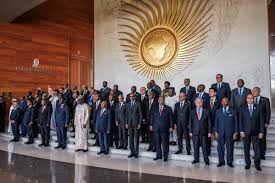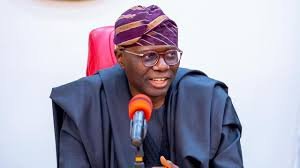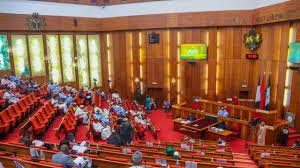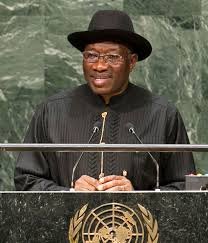The last 10 days have been very damaging for Nigeria’s already-battered international image. The spark was Obinwanne Okeke, once remembered for his listing by Forbes among the 100 Most Influential Young Africans 2018 but now an emblem of dirty wealth, following his arrest by the FBI over an $11 million advanced internet scam traced to him. This was followed by the belated revelation of Jumia, Africa’s largest e-commerce operator, about fraudulent orders placed by its network of commissioned agents in Nigeria, costing the company $17.5million between the last quarter of 2018 and the first two quarters of 2019. FBI then released another bombshell: 80 suspects of high-wire fraud cases, 77 of them Nigerian, would be charged to court. Some of them had been arrested in the US, in fact, with there the suspicion that many of the rest were hiding in Nigeria. FBI said many of the suspects hail from Nigeria; once their names were published, Nigerians themselves identified 74 of the 77 as Igbo.
The latest scandal has been reduced to the Igbo and their supposedly unquenchable thirst for ill-gotten wealth. An IgboYahooBoys hashtag was even trended on Twitter. Such reductionism of a fraud scheme described by the US as “one of the largest cases of its kind in US history” underscores a gross underestimation of the implication of this scandal for Nigerians and, more importantly, the pervasiveness of financial shadiness in our day-to-day life.
Nigeria is already a laughing stock all over the world. Of course we’re not pointedly the worst set of humans currently gracing the surface of the earth, but our reputation has sunk so low ours was the only country mentioned when South African newspaper Mercury educated its readers on how to avoid being scammed on dating sites. International online luxury stores, among them Nordstrom and Vanity, despise shipping to Nigeria. Target, a renowned online shop, is so Nigeria-apathetic access is immediately denied if you attempt connecting to its website with a Nigerian Internet Protocol (IP) address. In a number of banks, Nigerians are prohibited from opening investment accounts. Numerous Nigerians have lost valid online deals or missed platter-of-gold opportunities for certification because of nothing other than their nationality. Even authors can’t get heavyweight online bookstores — the likes of Barnes and Noble or Amazon-owned Book Depository — to deliver their own books to Nigeria!
These scenarios are far more worrying than the ongoing attempt to scapegoat the Igbo as the masters of internet fraud. In any case, how can we even scapegoat the Igbo in this moment when we didn’t hero-worship them in the times they spearheaded some collective feat for the country? The victorious 12-member Nigerian team to the FIBA Women’s Afrobasket contained nine Igbo names. Since retaining their title for the second time on the spin one week ago, those vilifying the Igbo today haven’t found the voice to dub the Afrobasket title an Igbo win. If we shine together as a country, we must sink together as one. Having previously tracked corruption in some of our public institutions — from mortuaries and cemeteries to hospitals, seaports, police and military — I know for a fact that fraud does not have an ethnic face. In any case, the United States, where the 74 Igbo fraudsters are wanted, doesn’t care a hoot whether they’re south-easterners or westerners. It’s the totality of Nigerians that the US has now become warier about — not just the Igbo. No matter the attempt to hang the ‘FBI 80’ around the Igbo, Nigerians of all tribal/ethnic extractions will suffer some consequence or the other, be it extended airport scrutiny or needless visa denial.
Therefore, more than ever before, this should be a moment of deep introspection for the country. What exactly is driving our people to pursue wealth with a get-rich-or-die-trying mentality? Without waiting for FBI, we know the number of Nigerians pushing drugs, scamming unsuspecting victims, propagating fake love and generally involved in crime abroad is astounding. The counter argument will always be that so many Nigerians abroad are doing big things and breaking new grounds, shattering long-held academic records, rendering sterling services to communities and pioneering discoveries in medicine and other fields. But if we will be honest with ourselves, we will admit too that our shining lights are far outweighed in number by the bad eggs.
So we must think, and do it conscientiously. No society with our level of moral decadence, destruction of institutions, collective perfidy and me-first ethos can ever carve out a meaningful future for itself, much less earn the respect of other serious countries. Our latest shame in the eyes of the rest of the world must drive us to repair the rotten foundation of wealth at all costs upon which far too many Nigerians have built their life aspirations. Maybe the current generation is already a lost cause, but for the next we really do have to try.





















